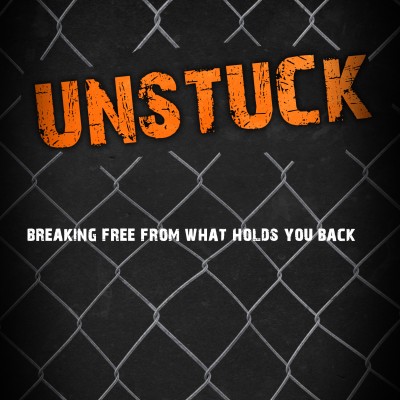Definition of Resentment: a feeling of indignant displeasure or persistent ill will at something regarded as a wrong, insult, or injury.
Ever been “done wrong”? Sure, we all have. But we don’t carry every single wrong ever done to us, do we? (Yes, I know, some people try, but it is physically impossible for the brain to remember that much).
Have you ever asked yourself why some wrongs stay with us so long? I mean, think about it – you’ve been wronged many times, but they all don’t keep you up at night. Only certain ones do. Why?
I have a theory. I believe that we only get mad at things and people that we believe are standing in the way of us getting what we perceive we NEED. I didn’t say “want”, but “need”. We believe we MUST have something (or someone), and anyone who gets in our way incurs our wrath.
Now some things are healthy needs – like safety, security, significance. We need these things, and people who stopped us from being safe, secure, or made us feel insignificant did longer lasting damage to us than just low-key disses. If we were abused, that can really damage our trust that we will find safety and security, and even mess with our self-worth.
However, some things for which we hold bitterness and resentment are about “perceived” needs – things we THINK we need – but actually are more of a “want”. We think we need a better job or more money or a mate to be happy, but those aren’t needs – they are wants. Yet, we have developed resentment and bitterness toward employers or managers that have hindered our ability to move up the corporate ladder, or lovers who dared to leave us instead of staying and making us feel more important and significant. Some of us even resent partners in relationships that were unhealthy and we never should have been with in the first place, but that makes no difference to our perceived needs. They blocked us from getting something important, and for that, we will cling to our disappointment and anger.
The trick is actually looking at the resentments (and the longer the history of the resentment, the longer we need to look at it). Were these real needs that were stolen from us, or were these perceived needs? Did these people take from us purposefully, or were they just in self-preservation mode trying to do what was best for them at that time? Or were these simply hurting people who were lashing out because they were hurting?
As long as we cling to the belief that what they did caused us irreparable harm, we will continue to resent them. But if we find that we are ok without the things they either withheld from us, or blocked us from receiving, then we can let that bitterness and resentment go. However, it won’t just happen on its own. You have to seek peace within yourself and with others.
You have to be willing to offer forgiveness to those who hurt you. You have to desire wholeness in your life more than you want revenge. You have to earnestly desire to move forward with life and seek your happiness in God and your future. You have to let go of the resentment so God can take it from you.
Penny Haynes, http://CelebrateRecovery.net
